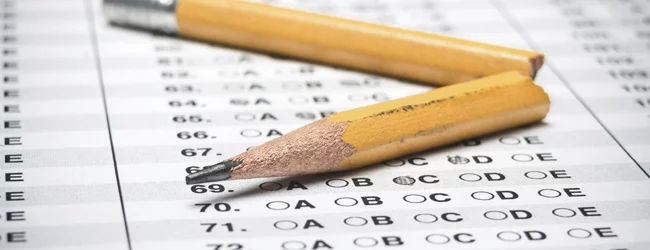The difference between the GMAT scores on the mock and on the actual tests may be as much as 100 points.
What are the reasons?
Scenario: You studied many, many hours, strategized to the best of your abilities and have scored well on practice exams. You take the GMAT, your score pops up and … it is much lower than you expect it to be.
What could be the reason for this?
The GMAT is unforgiving, but the final scoring is always justified. Many factors affect the GMAT score. When I speak with students who score lower on the real test than on the practice test, I ask them the following:
- Was your timing off? Did you follow a time management and strategic guessing plan? Going too fast or getting stuck somewhere can lead to a loss in confidence or a rise in anxiety.
- Was anything different on the exam compared with sim test question types, quality or level?
- Did you not follow proper technique (e.g. falling back on intuition) or not take notes, for example?
- How did you feel while taking the exam? The clock, exam stress and environment can have serious impact.
- How did you feel? Relaxed and confident? Or tired, hungry and buzzing from two energy drinks (one student recently told me he had two energy drinks before the test and felt tired midway through!)?
- What about sleep routine, diet, exercise, etc.? Were any of these different the days prior to the exam?
- Did you warm up before the test or go in cold?
These are factors that can easily affect the GMAT score. Even luck has a role - maybe the exam started with questions that speak more to your strengths or weaknesses. A drop or rise of 50 or 100 points? It is explainable. Probe deeper into your test experience; you may realize there were factors at play that were not linked to the knowledge you acquired. Determining what these factors are will help you succeed the next time!
Check out: GMAT Scores That Can Get You into an MBA
Test your skills with PrepAdviser's Free Online GMAT Test!
Source: The Economist's GMAT Tutor



